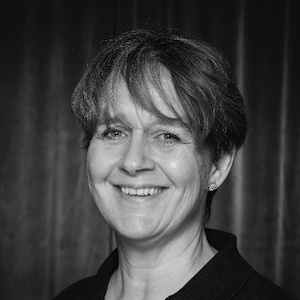Thermal Conduction (CIE IGCSE Physics)
Revision Note

Author
Lindsay GilmourExpertise
Physics
Thermal Conduction in Solids
EXTENDED
- Conduction is the main method of thermal energy transfer in solids
- Conduction occurs when:
Two solids of different temperatures come in contact with one another, thermal energy is transferred from the hotter object to the cooler object
- Metals are the best thermal conductors
- This is because they have a high number of free electrons

Conduction: the atoms in a solid vibrate and bump into each other
- Conduction can occur through two mechanisms:
- Atomic vibrations
- Free electron collisions
- When a substance is heated, the atoms, or ions, start to move around (vibrate) more
- The atoms at the hotter end of the solid will vibrate more than the atoms at the cooler end
- As they do so they bump into each other, transferring energy from atom to atom
- These collisions transfer internal energy until thermal equilibrium is achieved throughout the substance
- This occurs in all solids, metals and non-metals alike
Thermal Conduction in Liquids & Gases
EXTENDED
- For thermal conduction to occur the particles need to be close together so that when they vibrate the vibrations are passed along
- This does not happen easily in fluids
- In liquids particles are close, but slide past each other
- In gases particles are widely spread apart and will not 'nudge' each other
- Both types of fluid, liquids and gases, are poor conductors of heat
Relative Thermal Conductivity
EXTENDED
- Conductors tend to be metals
- Better thermal conductors are those with delocalised electrons which can easily transfer energy
- This means that there is a wide range of thermal conductivity

Different materials have different rates of conductivity

You've read 0 of your 0 free revision notes
Get unlimited access
to absolutely everything:
- Downloadable PDFs
- Unlimited Revision Notes
- Topic Questions
- Past Papers
- Model Answers
- Videos (Maths and Science)
Did this page help you?